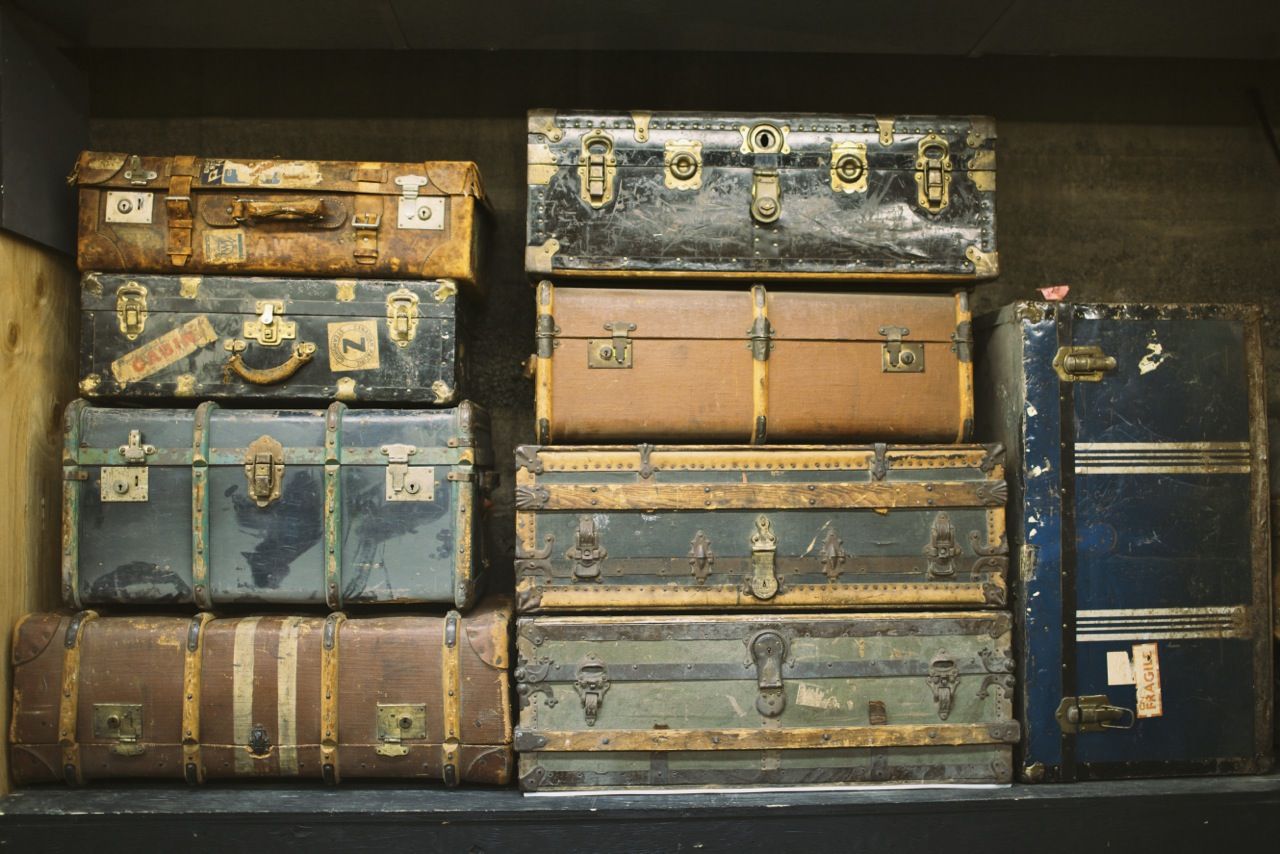her baggage and mine, too
What do you do when someone has decided – without much data – they just don’t like you? What do you do when someone draws an arbitrary line in the sand and determines you don’t fit the bill? And – more to the point – what do you do with your resulting emotions?
I recently met an acquaintance about a potential collaboration and shared research interests. Based on some comments from others who knew her and a few e-mails with her, I sensed she was, as my grandmother put it, “a piece of work.” But I am no stranger to egos and I figured we could negotiate our relationship and potential projects on our own terms.
I was very surprised when we met and the potential colleague questioned my credentials and abilities as a researcher, a practitioner, and a collaborator. She had questions about articles I had written years ago and demanded explanations about my methods. She found it “odd” I left academia to become a therapist. Her list of concerns was long, and the issues were varied.
This was an easy person and situation to simply ignore and avoid. I knew her innuendoes had no basis and that working with her was an option, not a requirement. What I felt, though, was resentful and betrayed. No surprise, right? She made assumptions about me that were unfair, untrue, and unwarranted. Resentment – check. She willingly met with me and then lambasted me. Betrayal – check.
What I know, though, is resentment breeds more resentment. It inspires little change in the resent-tor or resent-tee. My typical fix for resentment is to dig down deep (sometimes very deep) and find empathy for the person or situation I am resenting. It’s the only thing I know to do to get rid of it.
Who knows what my potential collaborator was managing? Perhaps she felt undermined by an acquaintance’s recommendation that we work together. She hasn’t published research in a while and for many researchers that feels like a failure of sorts. She has been in the same tough work environment for many years, while I am in a lovely new one. Maybe she felt some envy.
Maybe her reactions had nothing to do with her professional life and instead reflected some personal stressors. Whatever was going on, I chose to believe on the day of our meeting she was strained and took it out on me. This analysis largely freed me from my resentment.
Similarly, I know she did not “betray” me. If she betrayed anyone, it was herself. She shut down the option of interesting work we might have been able to do together. With that insight, I was able to let go of the sense of the betrayal.
What was more difficult to cope with was my worry that there was some truth in her implications. I don’t mean truth in terms of my credentials or motives. Rather, truth to the overarching sentiment that I am not good enough and I am flawed in some way.
Intellectually, I know her reactions to me were connected to her sense of self, and only tenuously to mine. But did you notice I said I know this “intellectually”?
Her reactions triggered all kinds of memories from my bad behavior as a 7-year-old to a plumber fixing our bathroom sink to a more recent time when I had a full on tantrum in front of my children in the driveway because we were late and I locked my car keys in the house. There were lots of other memories in between.
I can theorize about why I played these images in my head instead of ones where I have behaved competently. (One time when I locked myself out of the house I scaled the walls and let myself in an upper window. My kids thought I was uber cool and called me Spiderwoman for two months.)
For now, I’m going to give myself a taste of my own medicine. What she said about me triggered personal feelings she couldn’t have known about. And so just like I found empathy for her, I will find empathy for me.
Somewhere inside I still need validation and acceptance, and reminders that I often, but not always, get it right. I might ask friends and family for some support in this, but I also need to say it and believe it all on my own. There is plenty of room in this big wild world for all of us, and our baggage, too.
